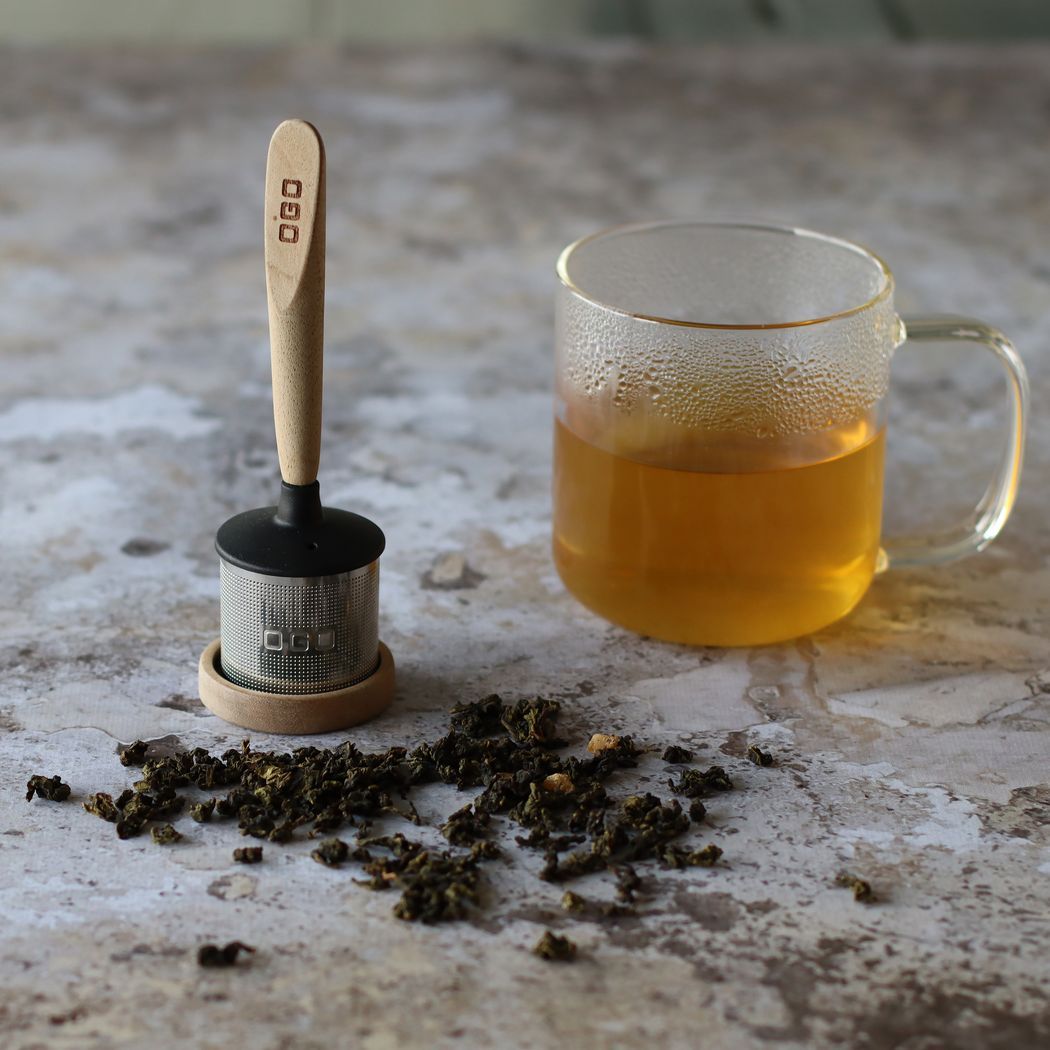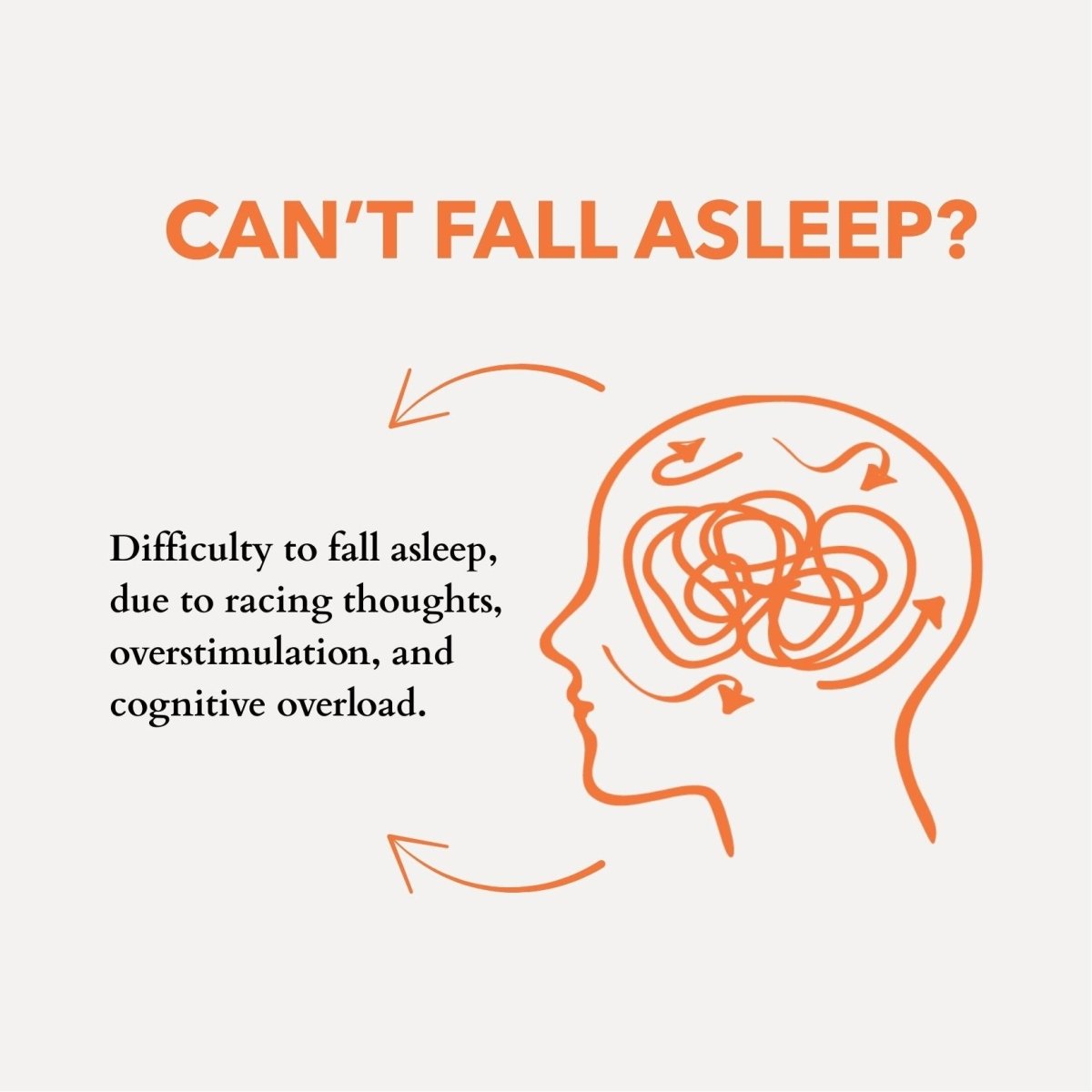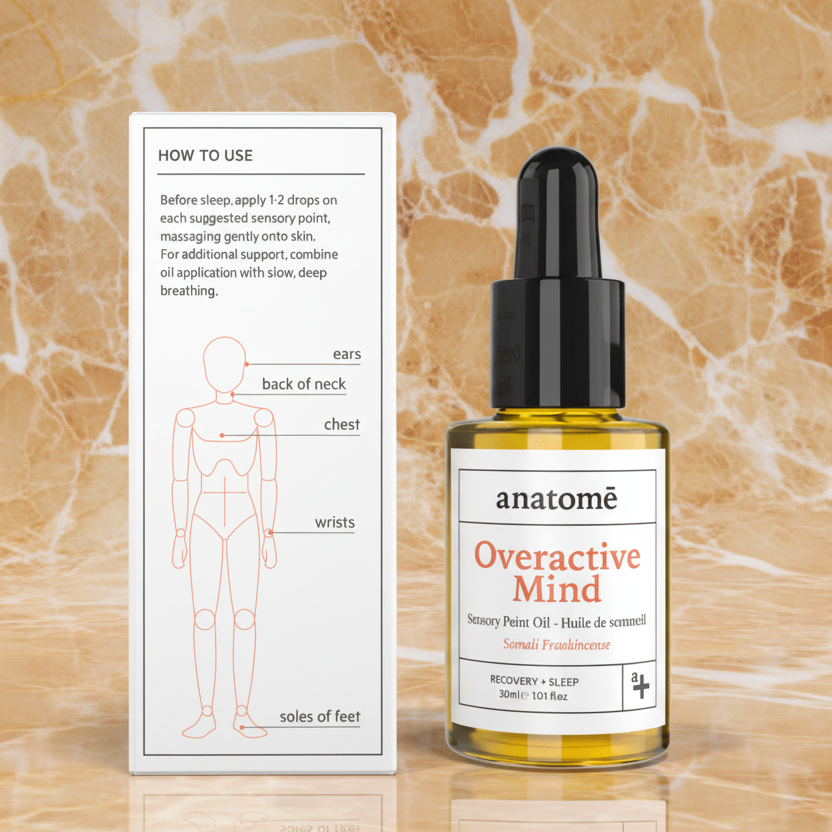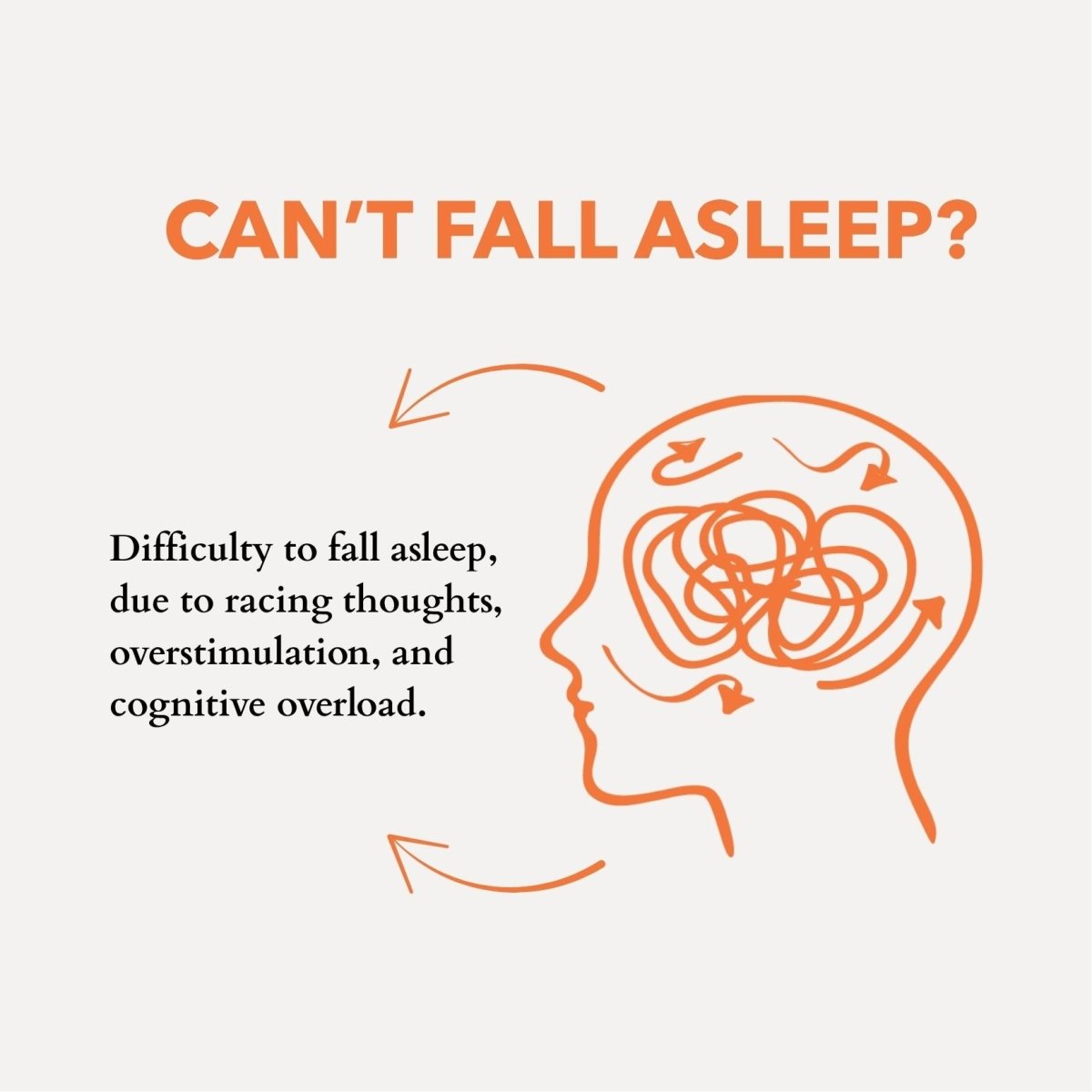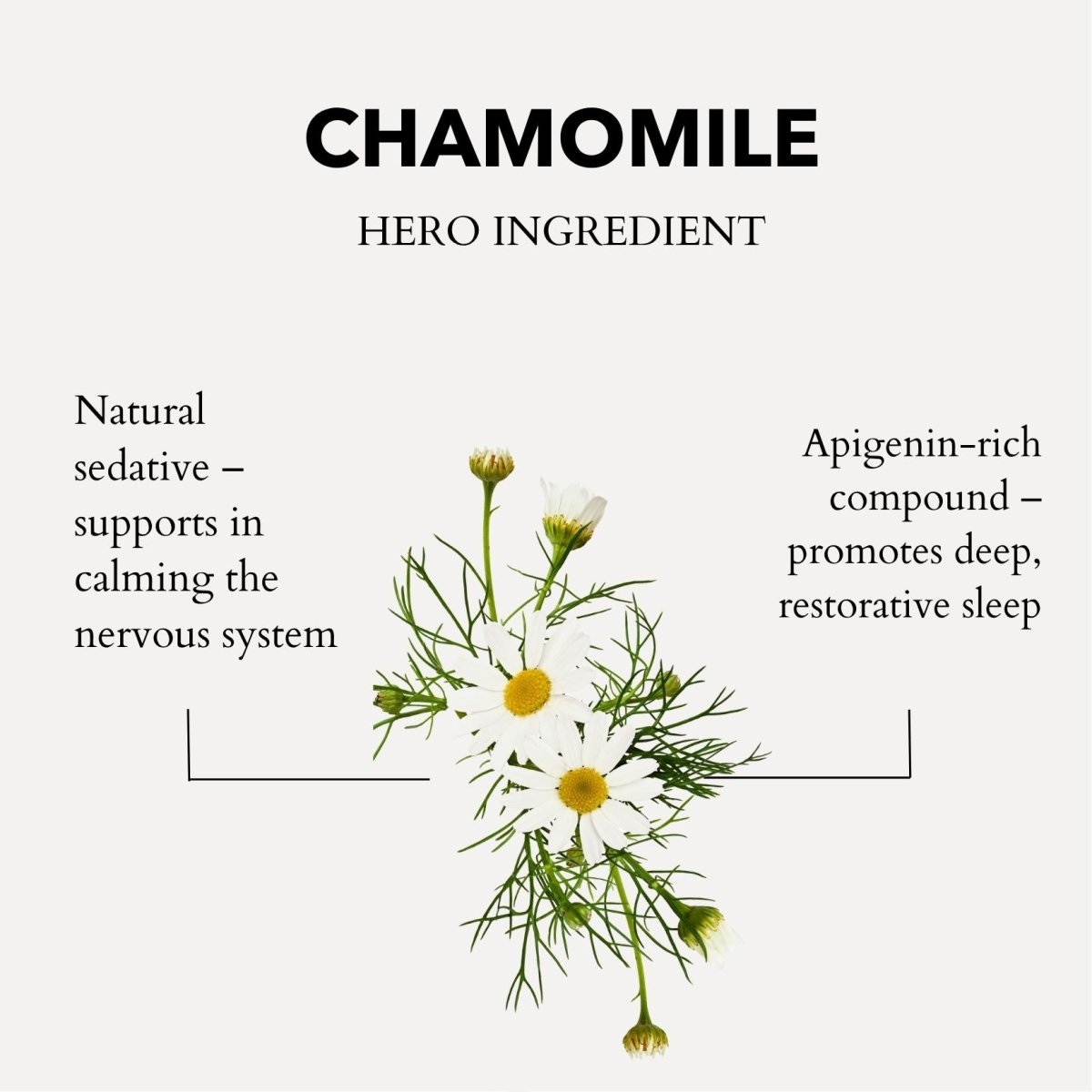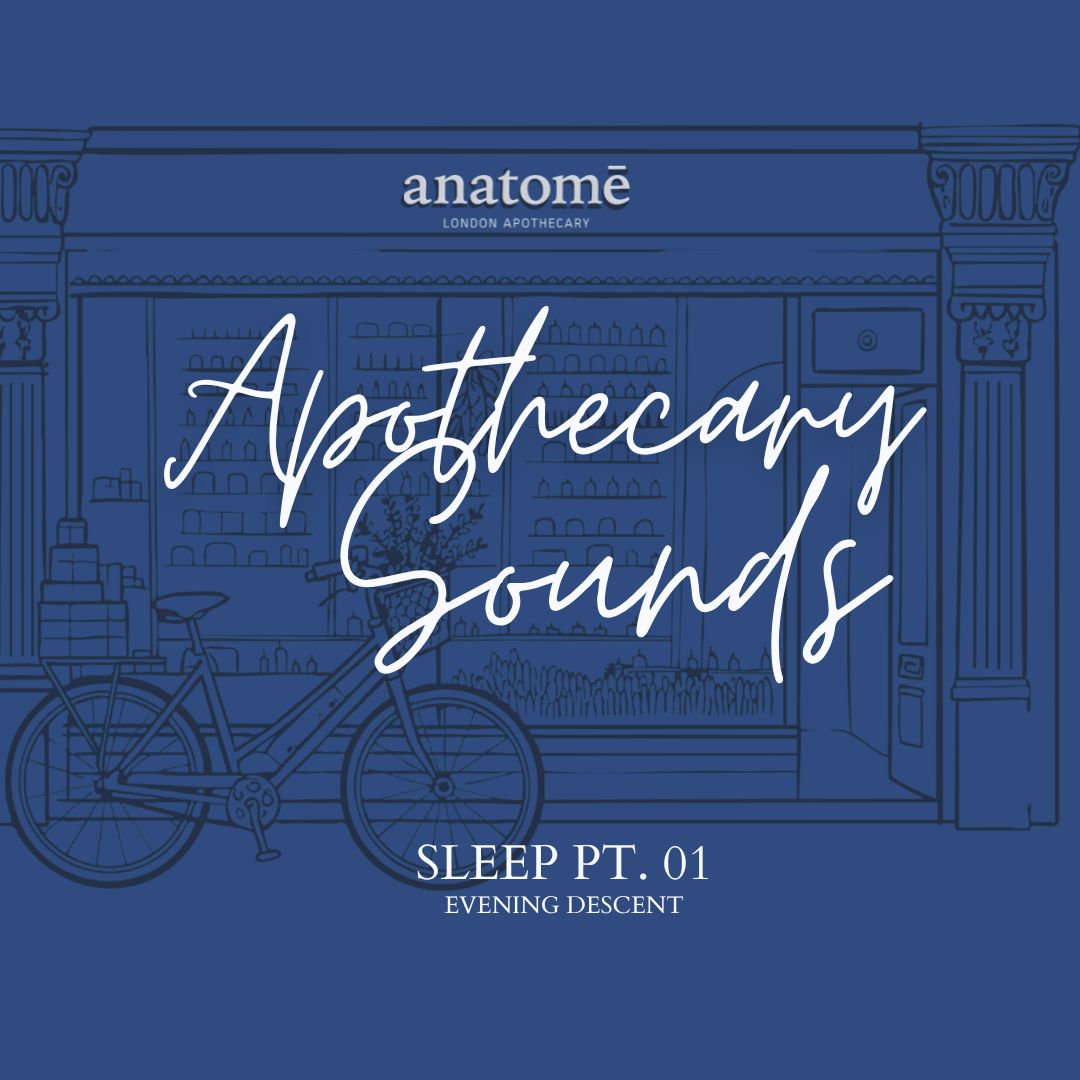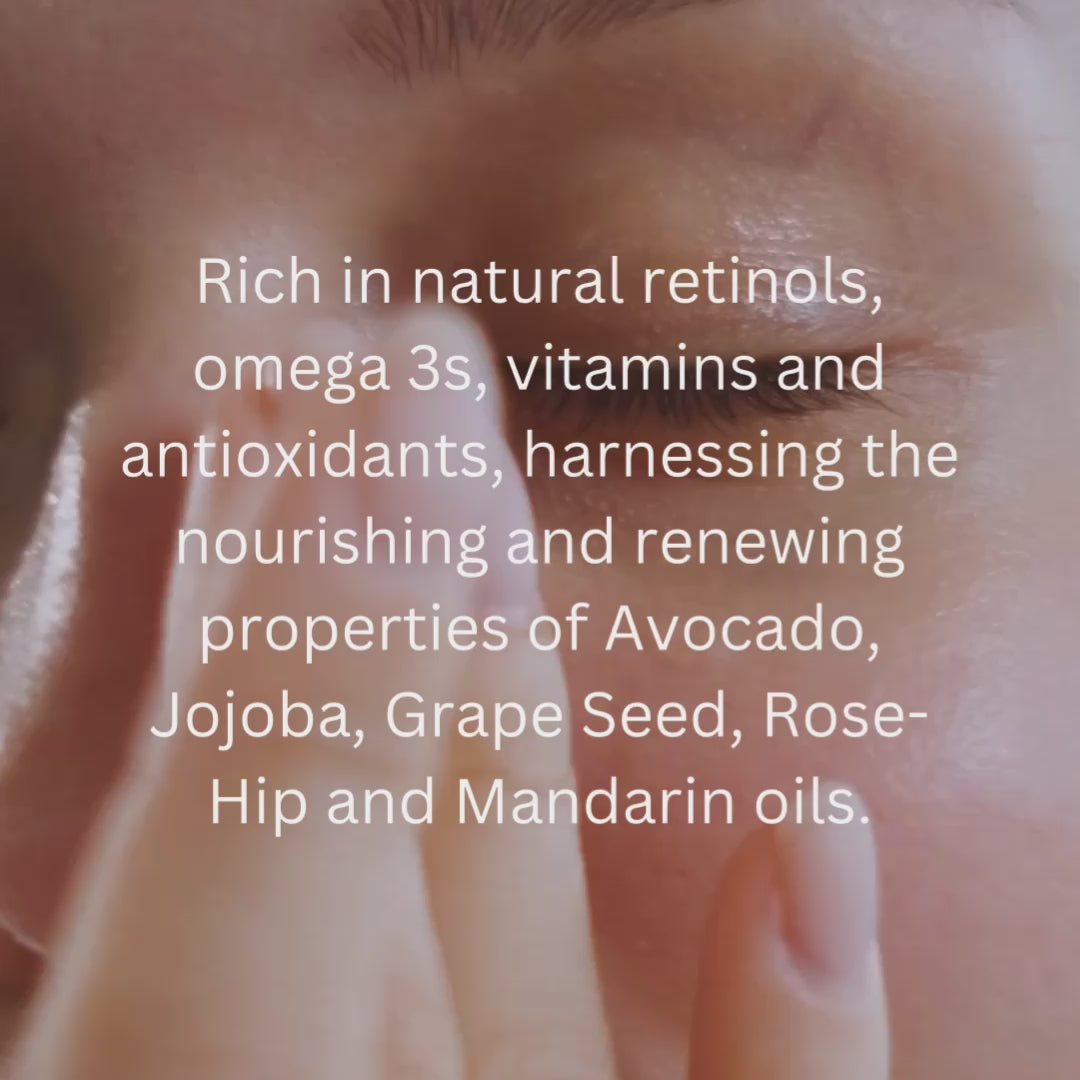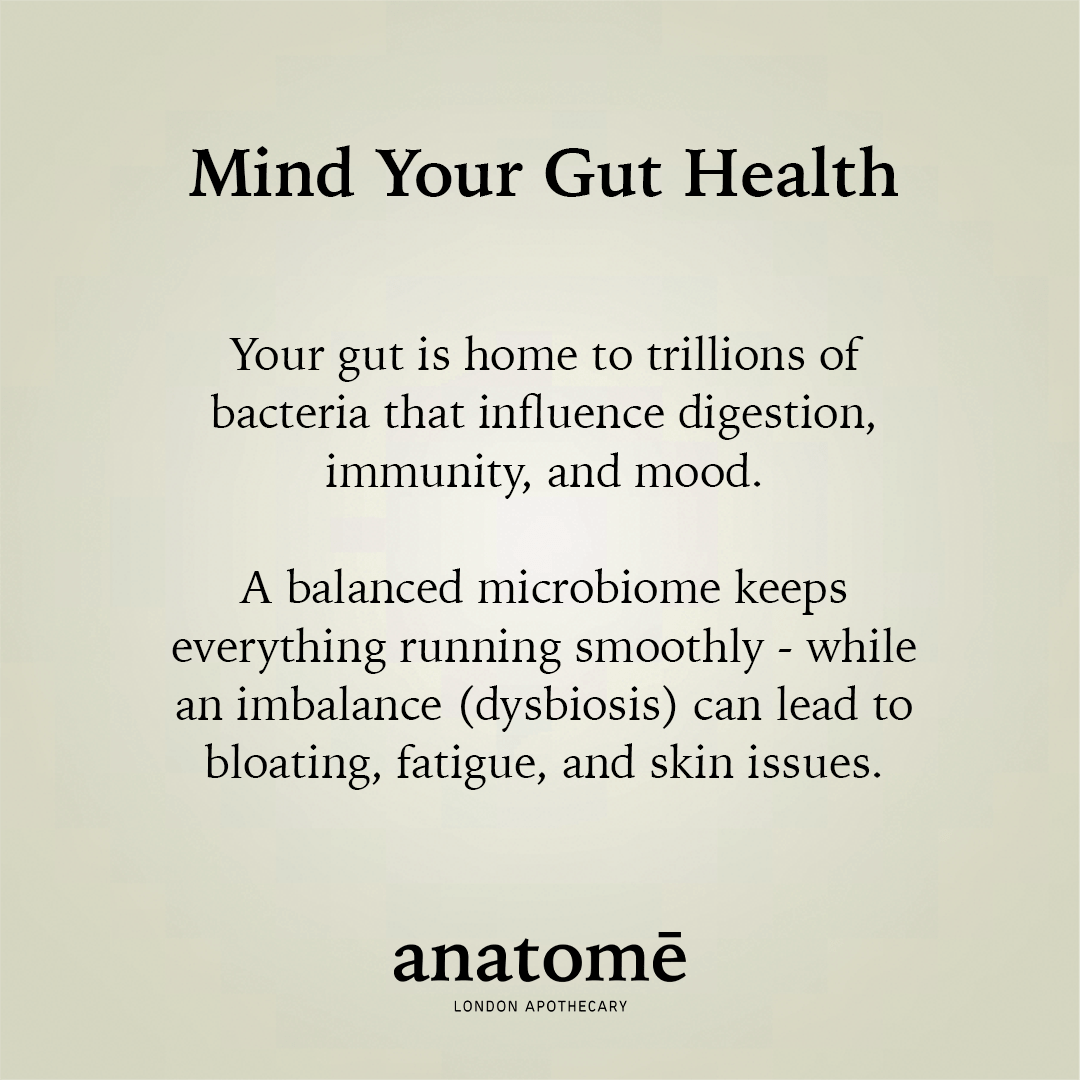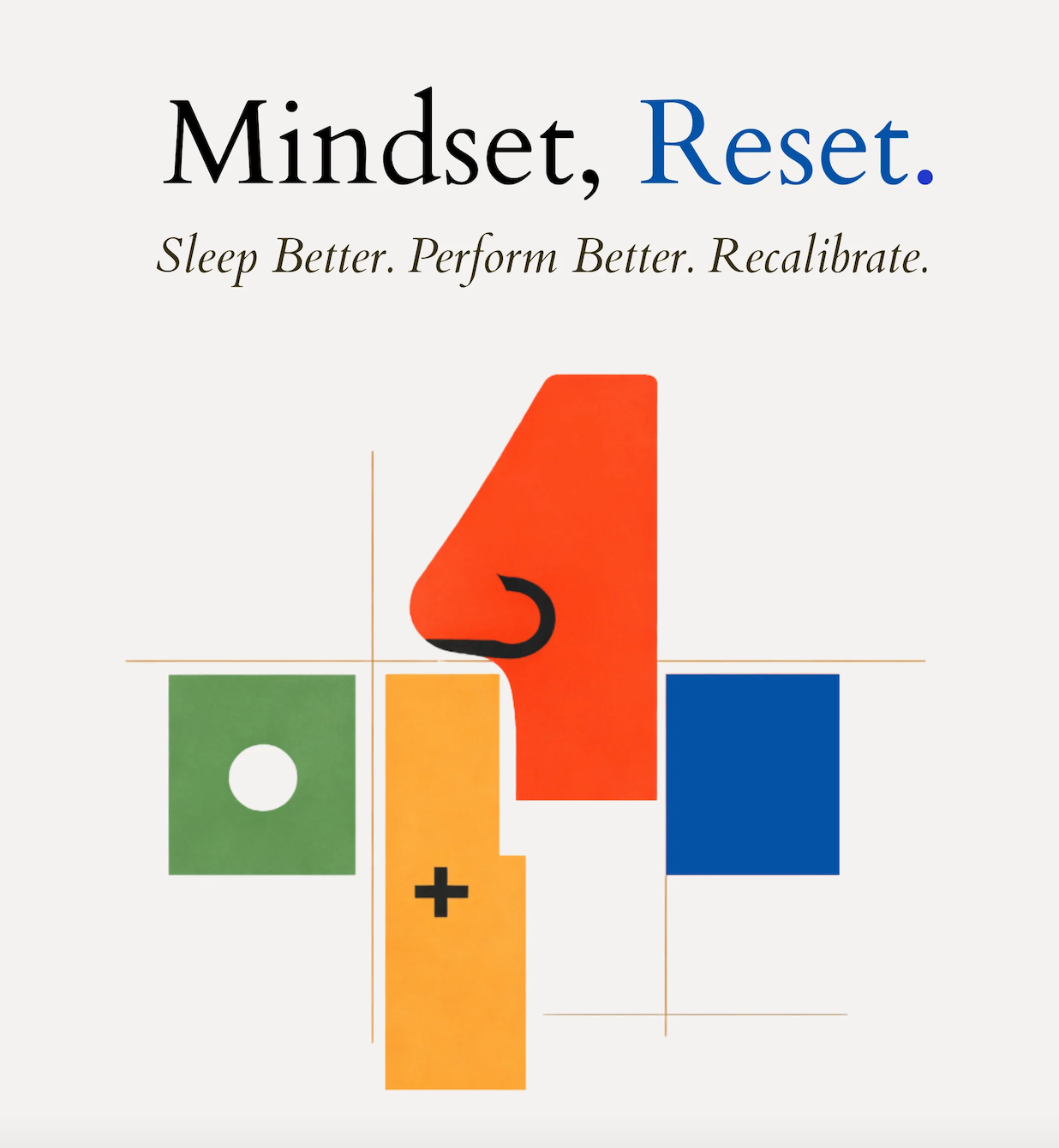The idea that everyone needs eight hours of sleep is a myth – understanding how much sleep you need is personal and sleep need is as individual as your fingerprint. It also changes across your lifespan. Most healthy adults need seven to nine hours of sleep per night to function well.
The amount of sleep you need is primarily decided by genetics and biological age, and research into the role our DNA plays in our need for sleep is ongoing. However, the reality of what time we go to bed and wake up and the quantity, as well as the quality, of the sleep we get during that time is strongly influenced by external factors such as work schedules, family life and our general lifestyle. Medical conditions and medication can also have a significant impact on how much sleep we need.
One way to determine whether you’re getting enough sleep is to pay close attention to how your mood and energy levels fluctuate. If you feel sleepy during the day or find yourself reaching for the caffeine or a quick sugar fix in the afternoon, you probably need more sleep.
How our sleep needs change across our lifetime
In 2015, new recommendations were issued by The National Sleep Foundation for the amount of sleep we require at different times in our life.
|
Age |
Recommended |
May be appropriate |
Not recommended |
|
Newborns - 0-3 months
|
14 to 17 hours |
11 to 13 hours or 18 to 19 hours |
Less than 11 hours or more than 19 hours |
|
Infants - 4-11 months
|
12 to 15 hours |
10 to 11 hours or 16 to 18 hours |
Less than 10 hours or more than 18 hours |
|
Toddlers - 1-2 years
|
11 to 14 hours |
9 to 10 hours or 15 to 16 hours |
Less than 9 hours or more than 16 hours |
|
Preschoolers - 3-5 years
|
10 to 13 hours |
8 to 9 hours or 14 hours |
Less than 8 hours or more than 14 hours |
|
School-aged Children - 6-13 years
|
9 to 11 hours |
7 to 8 hours or 12 hours |
Less than 7 hours or more than 12 hours |
|
Teenagers - 14-17 years
|
8 to 10 hours |
7 hours or 11 hours |
Less than 7 hours or more than 11 hours |
|
Young Adults - 18-25 years
|
7 to 9 hours |
6 hours or 10 to 11 hours |
Less than 6 hours or more than 11 hours |
|
Adults - 26-64 years
|
7 to 9 hours |
6 hours or 10 hours |
Less than 6 hours or more than 10 hours |
|
Older Adults - ≥ 65 years
|
7 to 8 hours |
5 to 6 hours or 9 hours |
Less than 5 hours or more than 9 hours |
Sleep Diary
As well as using your age as a signpost for how much sleep you need, you can get to know your own sleep patterns by keeping a sleep diary for two weeks.
Every morning, take a few minutes to track what time you went to bed, what time you wake up and how many hours of sleep you got. Notice whether the timing is consistent.
If you woke during the night record this as well, and also note whether you took a daytime nap. If you did, for how long and at what time?
Note how you feel when you wake up in the morning (refreshed or tired), and how you feel throughout the day.
Include timings of caffeine, alcohol and exercise (track intensity and type), to see whether these might be significant factors in your sleep patterns. A high-intensity exercise class within three hours of bedtime can make it harder to go to sleep as your core body temperature will increase and your body is stimulated. Take time to cool and wind down. Having more than 400mg of caffeine a day and also consuming caffeine after 4pm will likely also affect your sleep. Once you understand your own needs, you can set your sleep / wake timing to suit you.
On average most adults do well with 7 to 7.5 hours sleep. So, if you set your wake up time for 7am, this means lights out at 11.30. Lights out is different from bedtime – lights out is when you go to sleep. Ideally, you don’t spend much more time in bed than the time you need to sleep.
The other key rule is lots of light in the morning and low lights in the evening. This allows your body’s natural rhythm to maintain a consistent pattern.
If you stick to the timing consistently, your body will learn that this is the time it has for sleep and will adjust accordingly. Your sleep should then improve.
References:
Campbell, M., (2019) Exploring the Genetics of Sleep https://www.technologynetworks.com/genomics/articles/exploring-sleep-and-genetics-on-world-sleep-day-2019-316755
*National Sleep Foundation Recommends New Sleep Times https://www.sleepfoundation.org/




